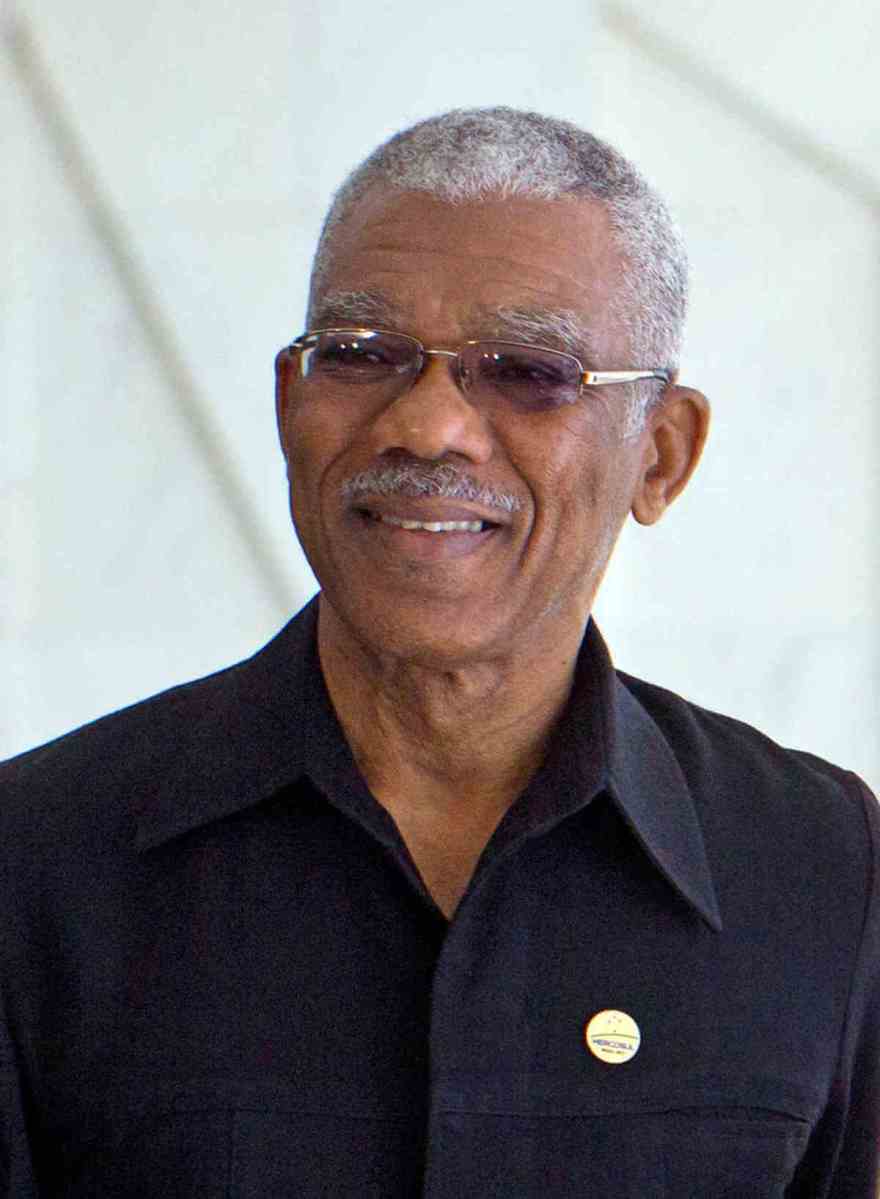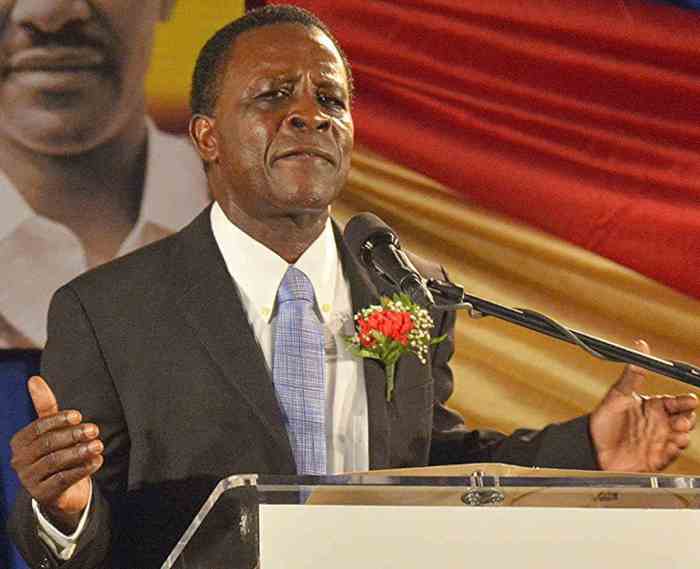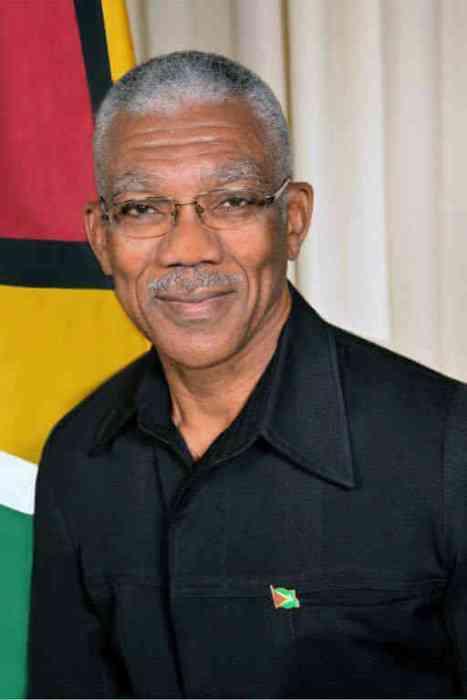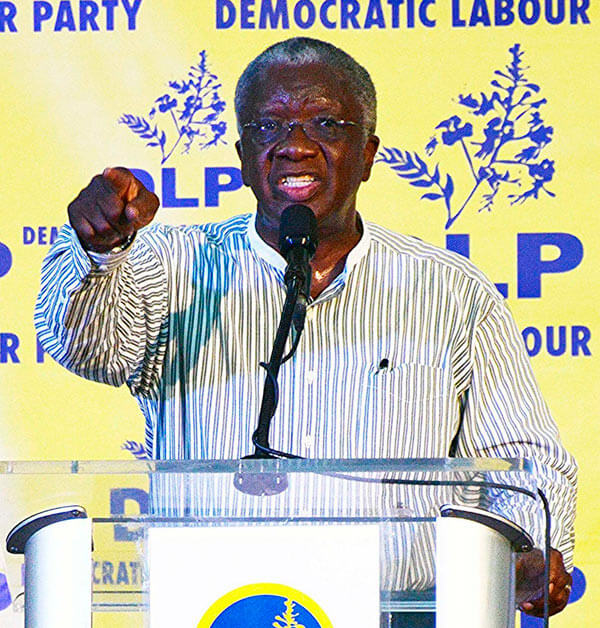It was supposed to be a carefully planned and beautifully executed parliamentary coup that would have toppled the administration of President David Granger and force him and his ministers to call fresh general elections with more than a year and a half of his five year term still to be served out.
But from all indications, a brilliant and stunning Dec. 21 move by then government lawmaker Charrandass Persaud to vote with the opposition People’s Progressive Party (PPP) in a no confidence motion to erase government’s wafer-thin, one seat majority appears to have backfired for now as it has become clear that new polls will not be held before early 2020, allowing the administration to almost serve out its full term.
All this has become possible because government quickly moved to the high court, disputing the formula used by the house to confirm that a majority of 33 of the 65 parliamentary votes were all that was needed for the government to fall and be forced to call new elections in 90 days. Government attorneys argued that 34 rather than 33 were needed as a half of the 65 assembly seats would have been 32.5. Given the fact that there is no half human or half vote, the contention is that one had to be added to make it 34 for an absolute rather than simple majority.
But the PPP spectacularly won the first round of an unprecedented constitutional war of correctness when Chief Justice Roxanne George agreed with the contention that 33 votes were sufficient for the PPP to win the motion, triggering wild celebrations in the party’s camp and emboldening it for government to either resign or call elections by the end of April.
As widely expected, however, cabinet took its case to the Guyana appeals court, the second highest after the Caribbean Court of Justice (CCJ) based in neighboring Trinidad and won a 2-1 majority last Friday. Two judges ruled that 34 votes were required to remove the administration. The other said 33. Again as expected, the PPP has kept its promise to take the case to the CCJ. It if loses as authorities expect, it will be business as usual for Granger and his band-normal cabinet meetings, parliament in full session again, approval and spending on mega contracts and projects as well as normal functioning until governments feels it right to call an election date before August of 2020, the outer date for elections.
By then, ExxonMobil and partners would long have begun pumping some of the more than five billion barrels of oil they first discovered offshore in May of 2015, just around the time Granger’s multiparty, multiracial coalition swept to power, unfortunately with only a one-seat majority that the PPP could succeed in toppling if it wins at the CCJ. Guyana expected to earn about $300 million annually until Exxon and partners recover their investment. By 2025, the big bucks are expected to flow as profit rather than first oil would be in vogue then and production would be around 75,000 barrels per day rather than the initial 120,000. By next year also, Finance Minister Winston Jordan would have the opportunity to unload a popular and populist budget that could win hearts and minds and take the coalition over the top, even if barely.
Meanwhile, Charrandass Persaud, the coalition legislator who voted with the PPP and then fled to Canada using a Canadian passport and citizenship, said his was a conscience vote but people like Security Minister Khemraj Ramjattan argue that Persaud accepted bribes of US$1illion-much of it from Trinidadian businessmen close to the PPP- to vote against his own government. He has since sued the minister for defamation of character.
As Guyanese await the ruling of the CCJ, the elections commission has placed a massive spike in the ambitions of the PPP to force early elections as it will soon embark on a new round of house to house registration of voters. This could take up to nine months in addition to a prescribed period when voters are allowed to correct the list. Add to this the minimum of 32 days between nomination day and an election date and this takes elections well into the first quarter of 2020.
“It is business as usual,” said Attorney General Basil Williams after he and his team that including Caribbean luminary Francis Alexis won at the local appeals court. Foreign Minister Carl Greenidge said” the majority decision establishes that the coalition government is legal and lawful, and constitutionally remains in office without hindrance or let. You should remain calm in awaiting the outcome of that process as well .I urge all Guyanese to conduct their business and go about their daily activity with the full confidence that their safety and well-being are assured,” he said.
Government insiders have bragged a bit about the coalition being knocked to the canvas for a count of eight but not completely out, allowing government to fight out the remaining monthly rounds in office.




















